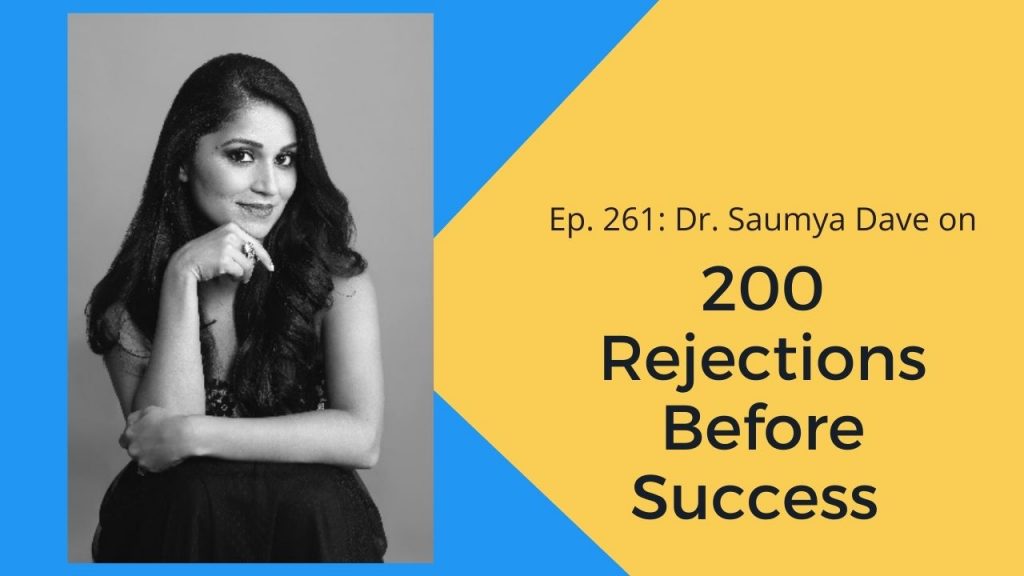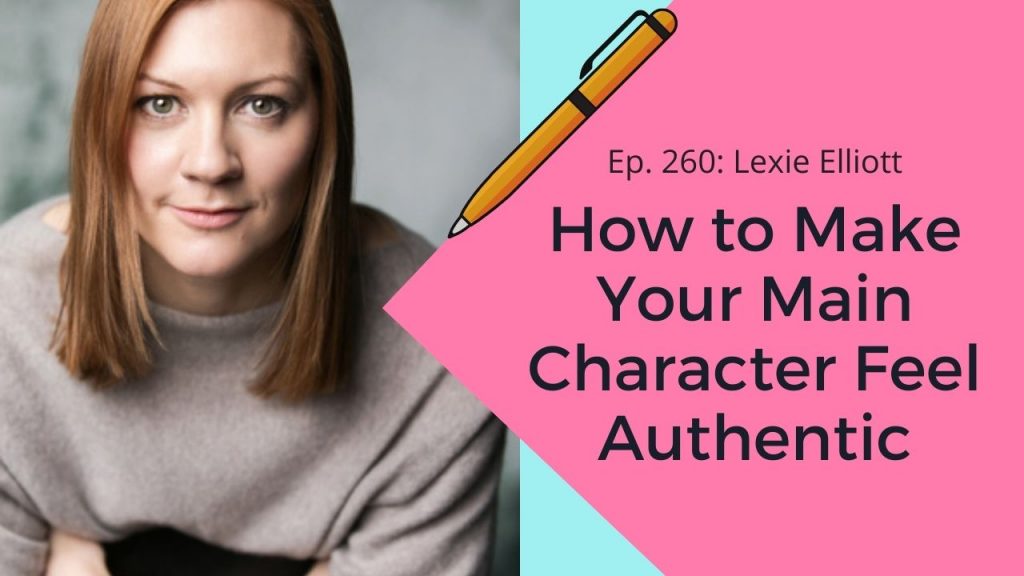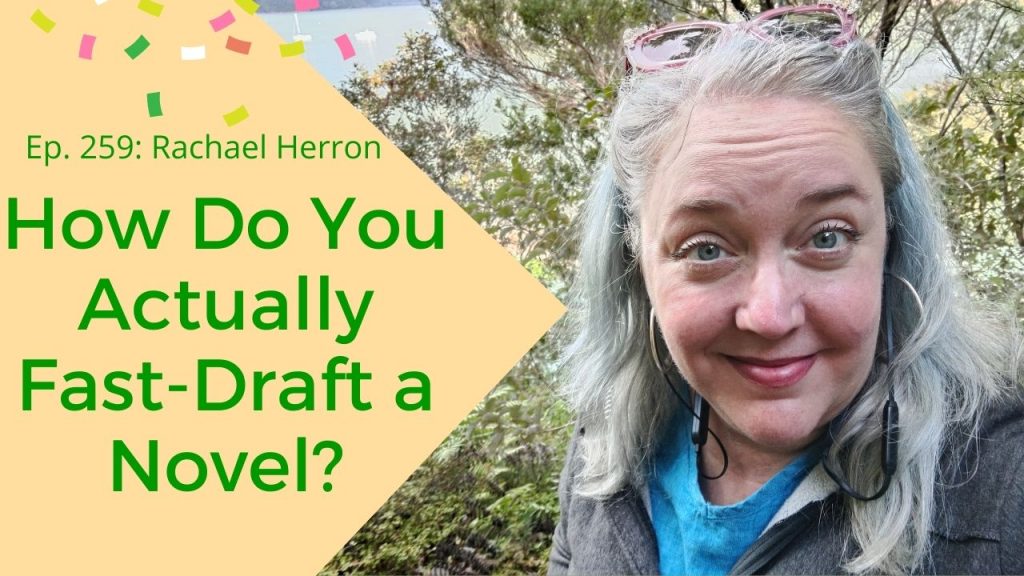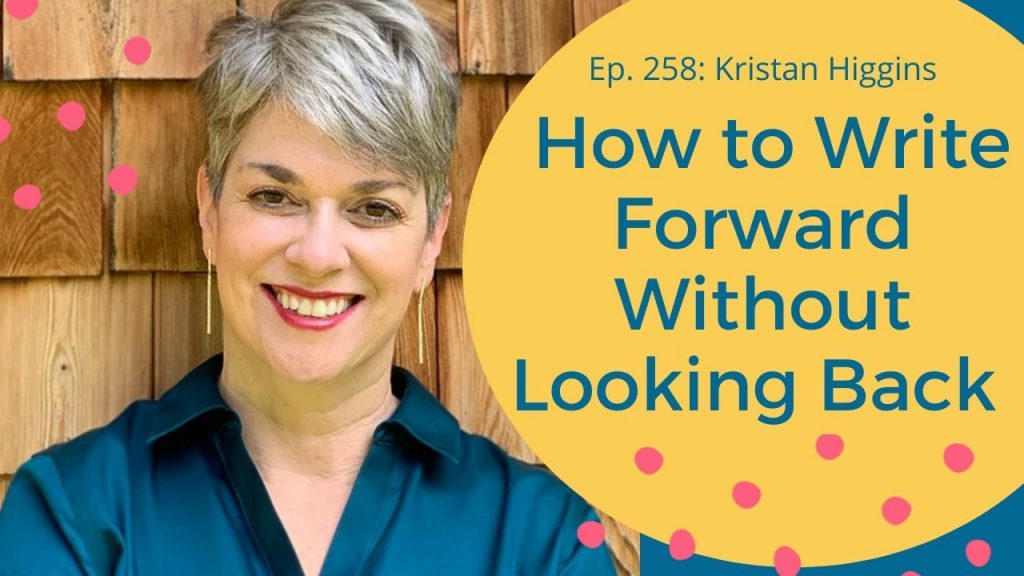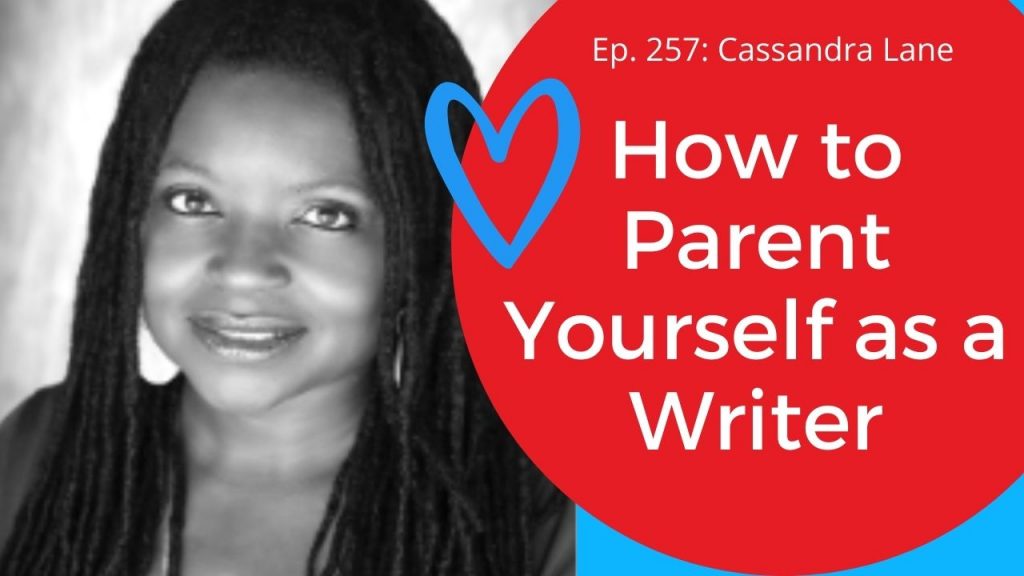J.L. Torres is the author of The Family Terrorist and Other Stories, the novel The Accidental Native, and the poetry collection Boricua Passport. His short story collection Migrations won the inagural Tomás Rivera Book Prize and was just released from LARB Libros. Born in Puerto Rico and raised in the South Bronx, he now lives in Plattsburgh, New York and teaches American literature, US ethnic literatures, and creative writing at SUNY Plattsburgh. He holds a Ph.D. from University of Southern California and an MFA in creative writing from Columbia University.
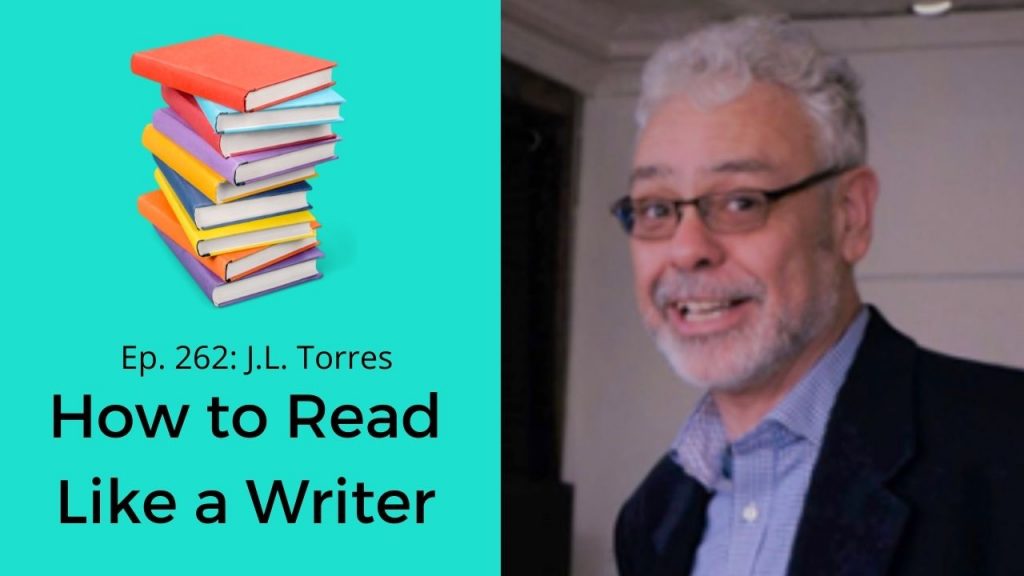
Transcript:
[00:00:00] Rachael Herron: Welcome to “How do you Write?” I’m your host, Rachael Herron. On this podcast, I talk to authors about how they write, what their process is and how their lives fit together. I’ll keep each episode short so you can get back to writing. [00:00:16] Well, Hello writers! Welcome to episode #262 of “How do you Write?” I’m Rachael Herron. I am so glad that you are here with me today as I talked to J.L. Torres on reading like a writer, and what that can do for our work, for our stories, for kind of our brains as writers doing this weird thing that we do, so I know that you’re going to enjoy the interview portion of today’s episode. What is going on around here? If you watch on the YouTube, you can see, I don’t know why this light makes my face bright red, but it is. I’m going for tomato Rachael in the house. I am in a co-working space in a very small town called Carterton. We are staying in a very small Airbnb and I needed to get out and also I needed a fast Wi-Fi. So I’m very glad that this place is here and that I get to use it. And I have been using it wisely. I finished the audio editing of the 10th anniversary re-release of A Life in Stitches. And I tell you what, I am going to look into perhaps saving some money to get someone to edit that next time. What happens, what I’m talking about when I’m talking about doing this editing is before we left the states, I lined my closet because it was empty. We’d moved everything out of it. And I thought this is a great time. And I needed to get it done, lined my closet with blankets and things to make it a soundproof or sound, what’s the word? Buffered. That’s not the right word, but you know what I mean, area to record in and I recorded it. [00:01:55] What you do when you’re recording an audio book is you do not, it’s just like writing a first draft, and even a second draft. You don’t make it perfect as you go, you read as carefully as you can, and then you stumble and then you stop and then you keep going. You pick it up where you left off and you just keep speaking. So there are just a lot of speak-o’s inside the file that you need to get rid of. Some days I could tell that I was a little bit more awake and smarter and brighter, and there would be whole, you know, like maybe 45 seconds that I would go without an error that I needed to redo and cut out the thing that I had messed up. And then sometimes it would be phrase by phrase. And stitching those pieces together so that you can’t tell that there’s been a break, it just takes hours and hours and hours. Probably I think it takes, well, let’s say, I think it takes me about an hour per chapter. [00:01:52] These were 2000 word chapters and there are 25 chapters, which really isn’t that bad. Right? You can’t do that in a week because you would burn out and exhaust yourself, but you also can’t do it the way that I was doing it, which was about one chapter a week. That would have stretched out to a lot of weeks, 25 weeks. It was something I didn’t want to spend on it. So when I made this decision like two weeks ago to go hard and focus on one project at a time, instead of trying to spread myself thin over all the projects, I always come back to this resolution and it works really well. And then suddenly two weeks later, I’m completely done with the editing, getting the book uploaded. I’m super excited to get it out there. I’m really proud of this 10th anniversary edition. I got to clean up the essays. I got to rearrange them. I got to add essays to kind of fill in what’s happened in the last 10 years. And I love the book so today, in fact, I’m concentrating on doing things like making the vellum proof for the interior of the print book and looking at cover choices. And that kind of stuff is so exciting to meet, no lie that I woke up at four o’clock this morning, I don’t remember why. But I laid there and thought about making these decisions for the next hour and 15 minutes. [00:04:15] I love writing. I love having written and I really love revising. But, there’s a big part of me that just loves the business aspect too. And when you give me complete permission to sit down and think hard about the business and the uploading and the formatting and the marketing, I get really, really excited. And I love that I’m in this part of the process right now. So that is that’s super exciting. That is going forward a pace. Where are we in New Zealand? We are in, are we here last week? I don’t think we were. I, we are in the Wairarapa like I said, near Carterton. We’re staying on a farm, a cattle and sheep farm, and we’re staying at a place called The Good End of the Shed. And it really is a shed that they have made into a small Airbnb. It’s kind of more like Airbnb, which I’m not the most fond of, because the host is kind of right there. And, I- we kind of like a little bit more autonomy. However, this host brings us fresh milk from the cow and fresh bread and her homemade preserves. And so that kind of thing is divine. [00:05:26] One thing I wanted to mention is that if you follow me on social media, I love social media, please come follow me on all the places. I tend to post a lot of exciting, fun, beautiful pictures of what we are doing, what we are surrounded by. Every week, it’s a little bit different. Last week I was picturing, I was posting pictures of gorgeous Wellington. Right now, it’s these incredible green fields that we’re surrounded by. And I want to really state clearly, cause I, I have gotten a few comments that’s sound like people are saying, wow, it must be nice to be able to do that. Oh yes, it is! It was actually really nice to be able to do this. However, keep, just don’t ever forget that when you are watching people on social media, they have real lives. And I think that you and I, because you listen to this podcast, we have a special relationship. And, I can be very honest with you and tell you that it is also really hard. This move has not been easy, emotionally, physically, mentally. [00:06:31] We see amazing things and we’re having so much fun. I think one of the most fun things yesterday was driving with Lala on the country roads because she hadn’t spent any time driving on the left side of the road. I’ve been doing all of it, and it was nerve wracking, and a little bit terrifying. I kept thinking she was going to drift off the verge off the left-hand side of the road. Guess what? She didn’t. I was just being a control freak. But also, leaving everything we knew behind getting rid of most of our possessions selling our house, losing three animals in a year and having to leave the other two behind, having no friends in place in C2, yet. It’s been making me need to really take care of myself. And there was a week last week where I had two migraines and I never really know whether I have the migraines because I’m not doing well, or I’m not doing well because I have the migraines. It’s a chicken and egg kind of situation. But, there’s something that we talk about in 12 step groups, which is, pulling a geographic a lot of people move because they think there’ll be a new person, a different person when they get to the place that they land. Of course, that is always a fallacy. It is not true. It doesn’t happen. I am in this place and I am still me and me being me, I still need to do the healthy things that keep my brain healthy and that give me the energy pennies, like Becca Sime always talks about. [00:08:12] I have to spend energy pennies on a daily basis. We’re spending more energy pennies on daily basis in a pandemic. I’m spending extra right now because I’m always in a new place every week. I’m dealing with new things, new questions, new issues. And if I am not concentrate on making those energy pennies so that I have them to spend, I end up crashed out and depleted. And it’s just something I’ve been thinking a lot about. So I have been going back to basics and eating well and sleeping as much as I can, and exercising, taking these long walks. Well, one of the really cool things is that when you do long walks, when you’re traveling, it’s always new and incredible and fresh. So that is, that’s been really fun and generative, and I need to do yoga and I need to do my meditation and I need to fit all of that stuff in. Otherwise, I just turn into a grumpy person, feeling like I did when I was grumpy in California. [00:09:19] The thing about me and my wife is our happiness set point. They talk about, I think the happiness set point is worth about 40% of your happiness, I think is just kind of the way you were genetically born. Both of our genetic happiness points are pretty high. So even on our most worried days, when we were talking about moving, we would always come back to the thing well and say, well, we’re normally pretty content. We’re probably going to be pretty content there. And that is the way we have the feeling. But you may have been hearing it in my voice, in the episodes. I’m getting tired. We are here for another week because we didn’t want to move around too much. And then we moved to what will hopefully be our last Airbnb for three weeks in Wellington. And then hopefully we will get the house we are dreaming of to rent. None of that is a for sure. And I can admit right now that my heart would be broken if we don’t get the house. We’re so excited about it, so things are stressful, things are hard and things are still good and I’m still grateful every moment. And, I’m so happy that I have my work to cling to. Some of my roughest days recently have been the days I try to take off. Why is my hair sticking straight up like that? Just noticed on the video. [00:10:43] For me taking time off has to be pretty carefully planned so that I don’t end up in kind of a downward funk spiral, and allowing myself to do a little work on some of my days off, really does help sometimes. So that’s something I got to keep an eye on, but when I am working all day on the stuff that I love to do, like thinking about the metadata for this new 10th anniversary, re-released, I, it just feels so good. It feels so good to my brain. And, yeah, I’m saying this out loud, kind of as a reminder to myself, and maybe as a reminder to you. If you are not writing, kind of ask yourself about those energy pennies that you need to spend to sit down and start the work. I find I spend the most just to sit down and start the work, the first five minutes. Once the first five minutes are done, the rest of the day is so much easier. If you don’t have the energy pennies to sit down and do the work, how can you make them? [00:11:43] What very small change or a couple of changes can you make that will give you a little bit more? That has been pivotal to me during this incredible time of the last five months of being homeless and upheaval. Yeah, we’ve only been here for two months, but, a little bit more than two months, but, we’ve been homeless and living out of suitcases for about 5. Oh boy, mama’s done. Yeah, I’m done. Hopefully, hopefully soon we will find a place to rest and I can’t wait for it. Thank you for being with me here. As I kind of wander through what’s going on in my brain. I always, always appreciate that you are here and that what I say may spark something in your own mind or when I talk about with my guests, may spark an idea, may give you a little bit of a revelation about how to do your work a little bit more reliably, with more joy. So with that said, let’s go jump into the interview with J.L. and I wish you very happy writing my friends. I’ll talk to you soon. [00:12:53] Do you wonder why you’re not getting your creative work done? Do you make a plan to write and then fail to follow through again? Well, my sweet friend, maybe you’d get a lot out of my Patreon. Each month, I write an essay on living your creative life as a creative person, which is way different than living as a person who binges Netflix 20 hours a week and I have lived both of those ways, so I know. You can get each essay and access to the whole back catalog of them for just a dollar a month, which is an amount that really truly helps support me at this here, writing desk. If you pledge at the $3 level, you’ll get motivating texts from me that you can respond to, and if you pledge at the $5 a month level, you get to ask me questions about your creative life that I’ll answer in the mini episodes. So basically, I’m your mini coach. Go to patreon.com/Rachael R-A-C-H-A-E-L, to get these perks and more. And thank you so much! [00:13:53] Rachael Herron: Well, I could not be more pleased to welcome to the show JL Torres. Hello, JL! [00:13:59] J.L. Torres: Hi, Rachael, and thank you for inviting me. It’s a pleasure to be here. [00:14:02] Rachael Herron: I am thrilled to have you, let me give you a short introduction here for people who might not know you. J.L. Torres is the author of The Family Terrorist and Other Stories, the novel The Accidental Native, and the poetry collection Boricua Passport. His short story collection Migrations won the inaugural Tomás Rivera Book Prize and was just released from LARB Libros. Born in Puerto Rico and raised in the South Bronx, he now lives in Plattsburgh, New York and teaches American literature, US ethnic cultures, oh sorry, ethnic literatures, and creative writing at SUNY Plattsburgh. He holds a Ph.D. from University of Southern California and an MFA in creative writing from Columbia University. Welcome and congratulations on Migrations. [00:14:44] J.L. Torres: Oh, thank you so much. [00:14:45] Rachael Herron: I was lucky enough to be given a copy and it’s just, it’s beautiful writing. It’s incredible writing. So I am so happy to have you on the show to talk about your writing process with our listeners. Maybe you can start out by telling us how does being born in Puerto Rico inform you as a writer because it informs everything about you as a writer, I think. [00:15:11] J.L. Torres: Right. Well, I mean, if you start from the premise that you write what you know. What I know about a lot about is really the experience of being a Puerto Rican, diasporigan, living in the United States, and a lot of my writing really focuses on that experience. [00:15:26] Rachael Herron: Yeah. What is your writing practice look like today with all of these other things that you’re doing with the teaching and the, how does your writing fit into your life?[00:15:36] J.L. Torres: All right. So that’s a good question. I mean you know, being an academic, we only have these little spurts of time that we can actually write. So I’ve always been able to schedule, you know, my writing projects during that time. Otherwise it’s very difficult. I mean, I, you know, I think a lot of people don’t realize how busy and academic can be. Besides the classroom teaching, you also have meetings and you have all these other stuff that you have to do. So I just try to manage that time. Now I’m retiring. So actually,
[00:16:09] Rachael Herron: Oh, congratulations. [00:16:10] J.L. Torres: After 40 years. So now, for the first time in my life, I find that I’m actually a full-time writer. [00:16:16] Rachael Herron: Oh. So now have you already retired or are you just like right in the process of doing it? [00:16:20] J.L. Torres: In the process, you know, September will be the first, it will be the official. [00:16:25] Rachael Herron: I wonder how things will change for you? [00:16:29] J.L. Torres: Well, besides more time to travel and when the pandemic madness ends, more time to write. And that means that I can really, I have several projects that have kept, you know, kind of at a distance because I would take more time. With more time, I think I can, I’ve never had problems when I have the time to write. I’ve never really experienced a writer’s block or anything like that. It’s just when I have the time, I’m very productive, but it’s very difficult when you know, schedule, when you have to navigate, you know, all this stuff, besides teaching and grading. I grade a lot because I teach a lot of writing and besides, you know, all that and then social life and family life. [Read more…] about Ep. 262: J.L. Torres on How to Read Like a Writer